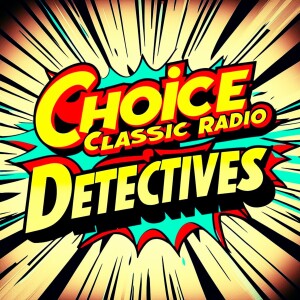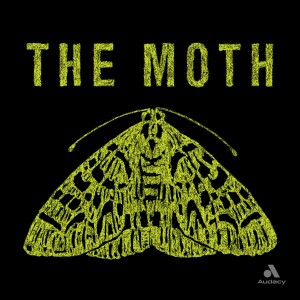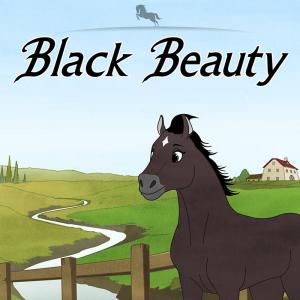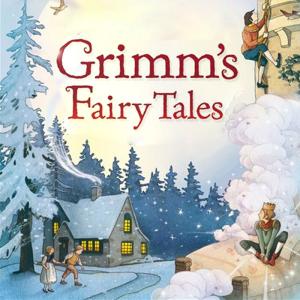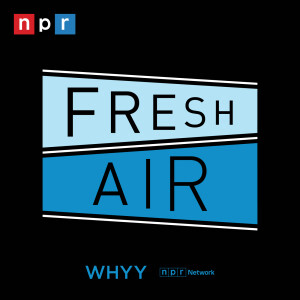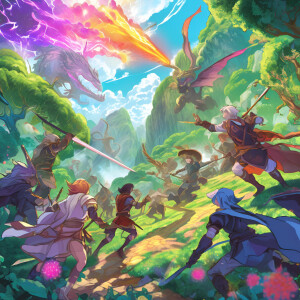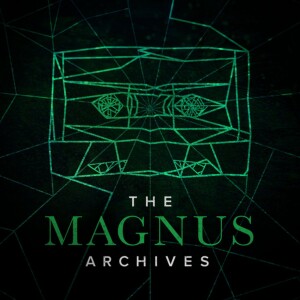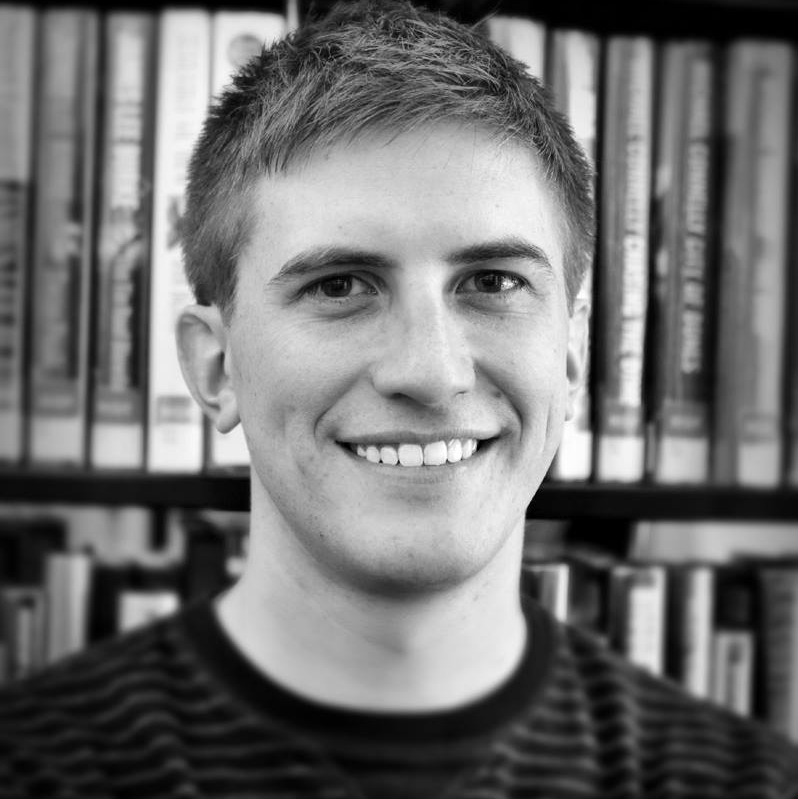

The Writer’s Lens - E24: Science Fiction Writers - Innovators of Imagination? Or Dark Prophets?
I think sci-fi writers tend to get a bad rap. When it comes to the genre, science fiction can often be touted as "visionaries with a cracked lens." Think Orwell's 1984; Collins' The Hunger Games; Philip K. Dick's Minority Report. It seems that when we are introduced to new technology or a different historical narrative, humanity pays the price. Things don't look better, they look worse.
As a sci-fi writer by trade, I decided to look into this further. Granted, science fiction does have the capacity to immerse us in dystopian futures and post-apocalyptic dangers, but sci-fi can also inspire us to think outside the box. What are we capable of? What have we yet to imagine that is possibly real? This is a bit of a challenging question. One that I didn't expect to talk about worldviews with, but I did within the context of this episode.
And as a final note, I wanted to make mention of the passing of sci-fi legend, Ursula K le Guin. Aside from her great contributions to science fiction writing, Ms. le Guin wrote a particularly intriguing foreword in one of her books, The Left Hand of Darkness, that really inspired this episode. So I'll be discussing that too.
More Episodes
All Episodes>>Create Your Podcast In Minutes
- Full-featured podcast site
- Unlimited storage and bandwidth
- Comprehensive podcast stats
- Distribute to Apple Podcasts, Spotify, and more
- Make money with your podcast

